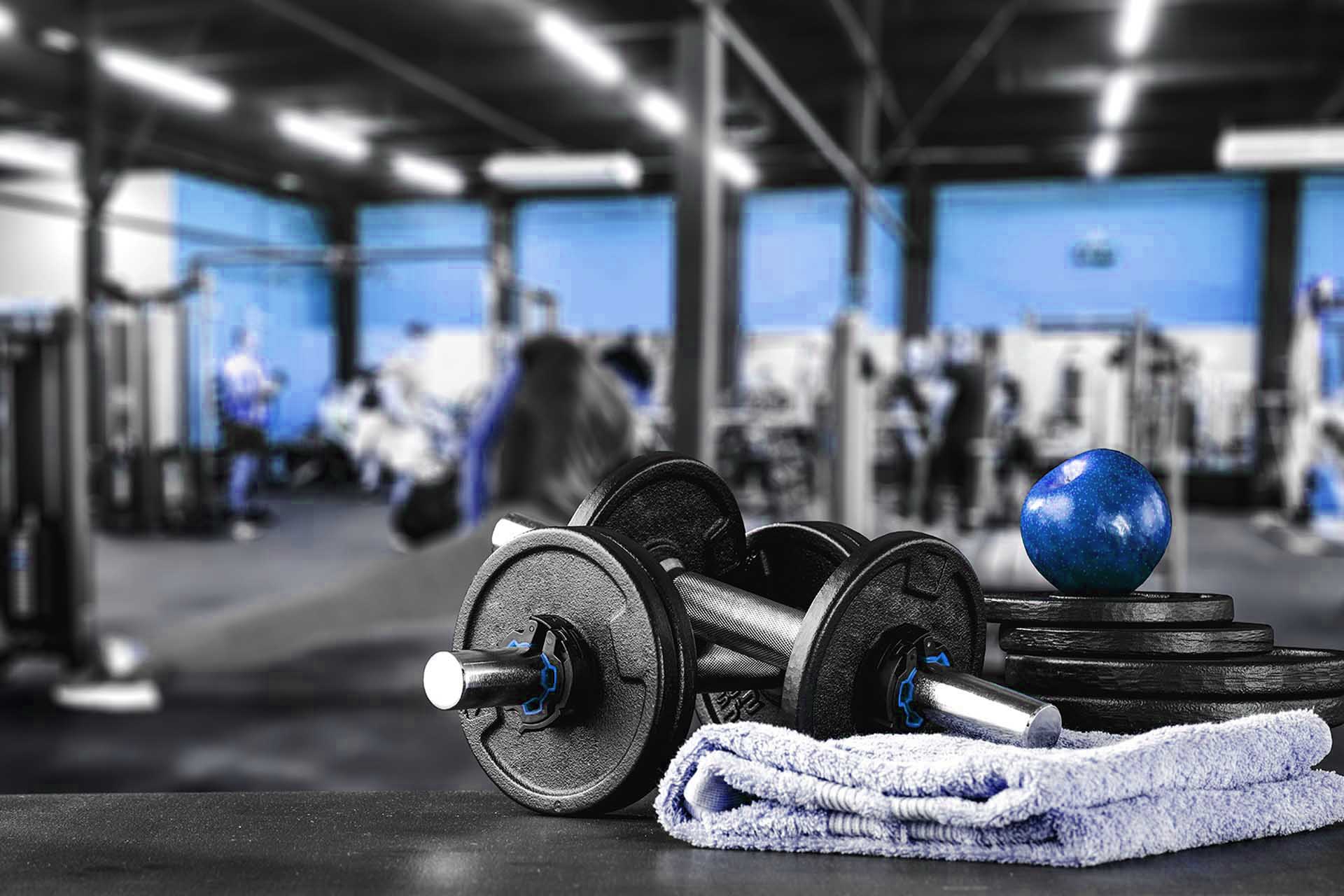For a long time, weight training was the exclusive preserve of strength training enthusiasts, but nowadays its role in physiotherapy is increasingly recognised. During the rehabilitation process, properly applied weight-bearing exercises can help strengthen muscles, stabilise joints and improve posture. They also help maintain bone strength and reduce chronic pain.
The importance of muscle strength in rehabilitation
In physiotherapy, increasing muscle strength plays a key role in post-injury recovery. The targeted use of weight training can help to regain functional muscle capacity, reduce atrophy and prevent repetitive injuries. Developing muscle strength is particularly important in diseases such as muscular dystrophy, osteoporosis and musculoskeletal disorders. Increasing muscular strength is not only an integral part of rehabilitation, but can also contribute to regaining mobility and maintaining patients’ independence. In addition, stronger muscles improve body control and reduce the chance of developing compensatory movement patterns. The therapeutic goals of rehabilitation include increasing mobility and restoring balance between muscle groups. With a properly designed weight training programme, these goals can be achieved and patients can return to their normal activity levels.
The importance of correct technique and gradualness
Correct technique is essential when weight training to avoid injuries from overloading. In physiotherapy, the therapist develops a personalised programme, taking into account the patient’s physical condition, any limitations and the current stage of recovery. Exercises should start with low weights and a high number of repetitions, then gradually increase the resistance. For optimal development, the principle of gradualness is important to ensure that muscles and joints adapt to the load at the right pace. Improper weight training, especially excessive loads or poor form, can lead to further injury. That’s why physiotherapists demonstrate each exercise in detail and constantly monitor the movements. This will ensure that the exercise is truly beneficial for the musculoskeletal problem.
The benefits of weight training
Properly introduced weight training has many positive effects:
- Increase muscle strength: helps rehabilitation and treatment of chronic musculoskeletal problems.
- Improved balance and stability: reduces the risk of falls, especially in older adults.
- Improved posture: of particular importance for patients with back and lower back pain.
- Pain relief: by strengthening the muscles, the joints can be relieved.
- Increased mental wellbeing: exercise has a positive effect on mental health, reduces stress and improves mood.
- Increase bone density: also plays an important role in preventing osteoporosis.
- Restoring functional movement patterns: helps to make everyday movements easier.
These benefits contribute to improving quality of life in the long term. During rehabilitation, the patient will experience that regular strengthening exercises can help them regain their independence and confidence in movement.
Summary
Weight training is becoming increasingly important in physiotherapy as it helps to strengthen muscles, improve stability and speed up rehabilitation. Proper technique, gradualness and the use of a personalised training plan are key to successful therapy. Strong muscles not only play a crucial role in preventing injuries, but also in improving the quality of everyday life. Conscious and professional training has a positive effect not only on physical health, but also on psychological well-being, so it can be useful for people of all ages in the rehabilitation process and beyond.
We welcome you to Soul Gym in Pécs, where our personal trainers include qualified physiotherapists who will take the above-mentioned aspects into account when coordinating your training and rehabilitation.




